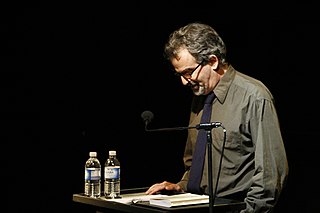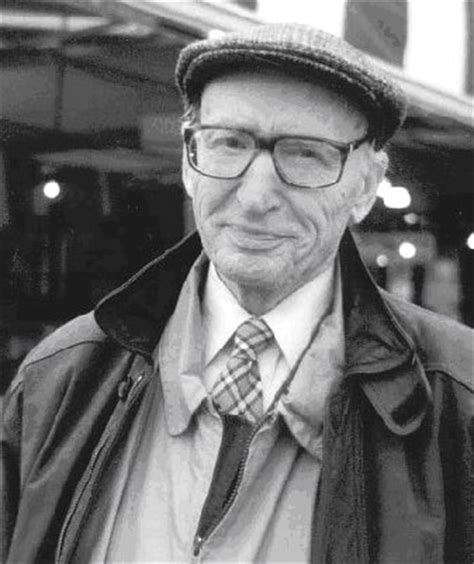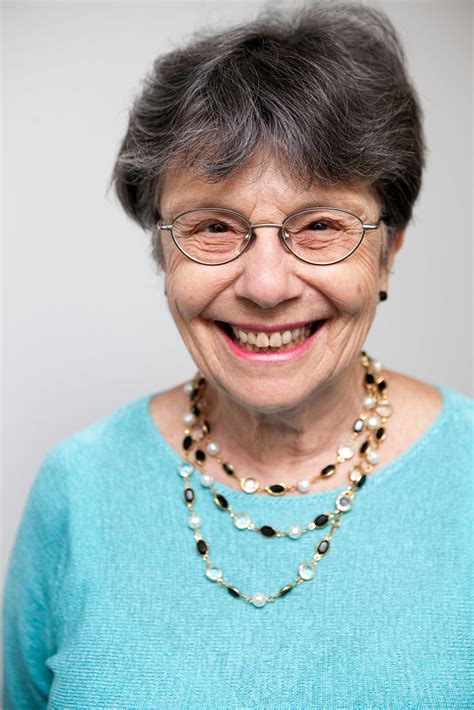A Quote by Vanna Bonta
Related Quotes
In a poem, the words happen; they just come. I let them. Otherwise, I wouldn't write. To interfere with what is happening is to distort the poem. Just a very small degree of intelligence and supervision is necessary. Very tactful. Any revision later that violates the text as it came, that begins rewriting the words, is fake.
The religion of the short poem, in every age and in every literature, has a single commandment: Less is always more. The short poem rejects preamble and summary. It's about all and everything, the metaphysics of a few words surrounded by much silence. …The short poem is a match flaring up in a dark universe.
The subject of the poem usually dictates the rhythm or the rhyme and its form. Sometimes, when you finish the poem and you think the poem is finished, the poem says, "You're not finished with me yet," and you have to go back and revise, and you may have another poem altogether. It has its own life to live.






































